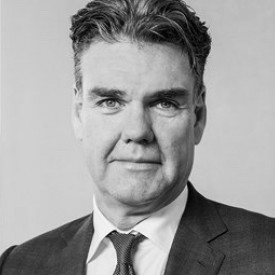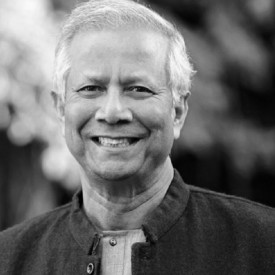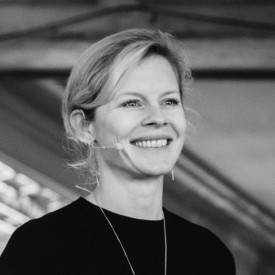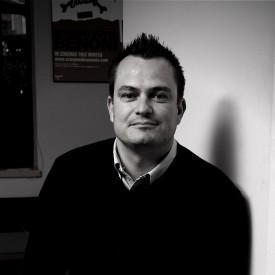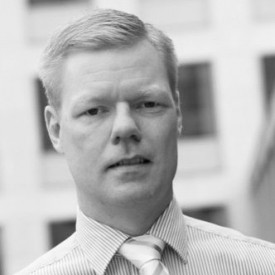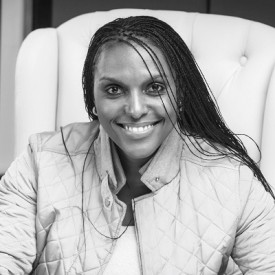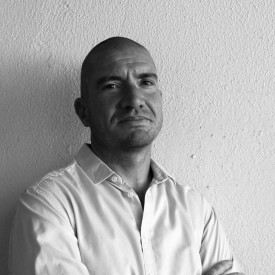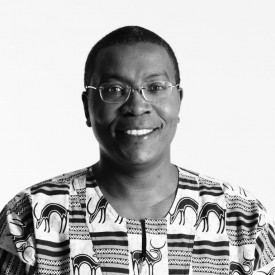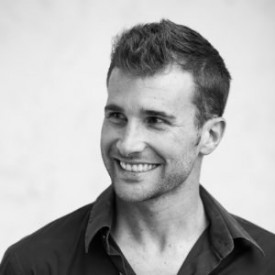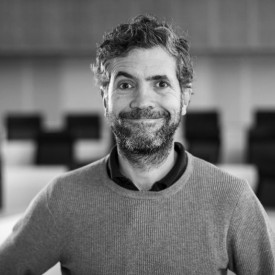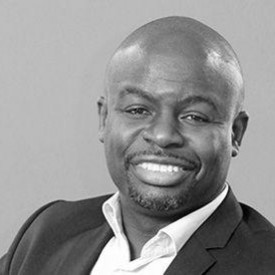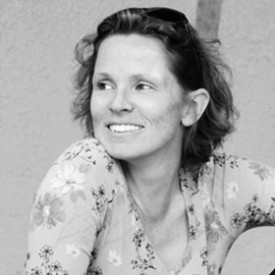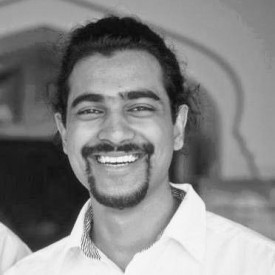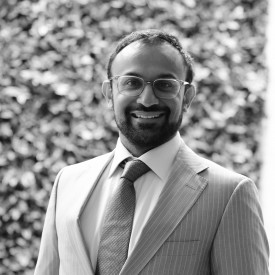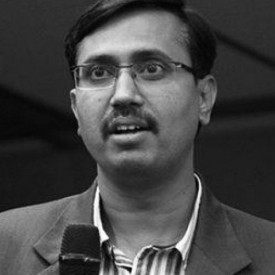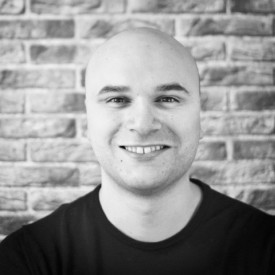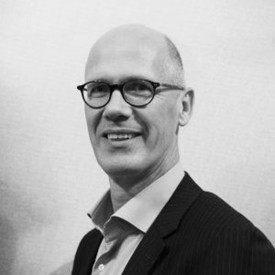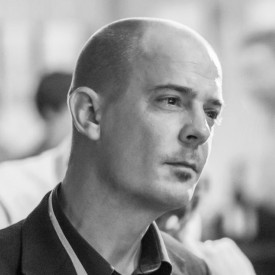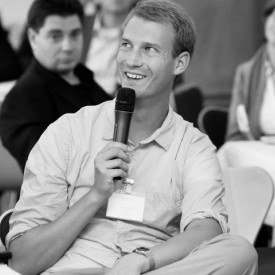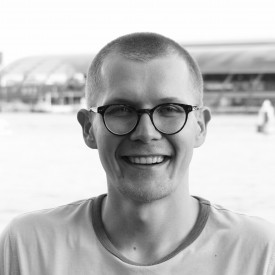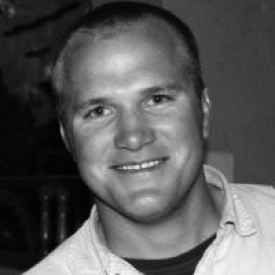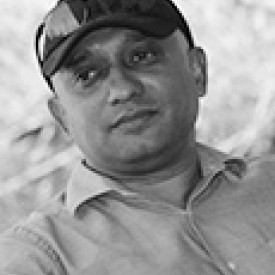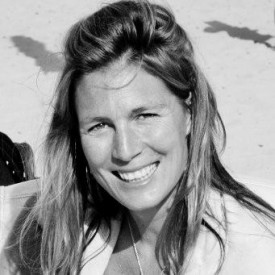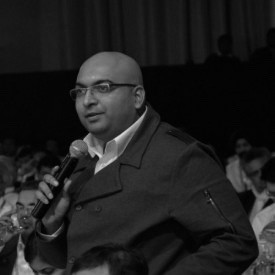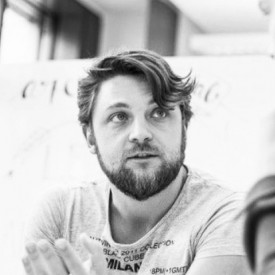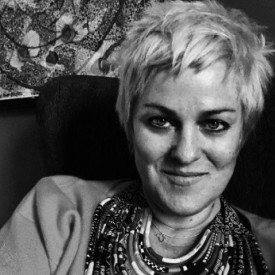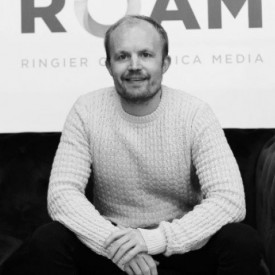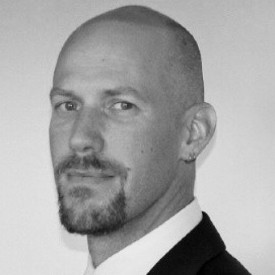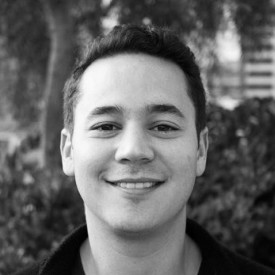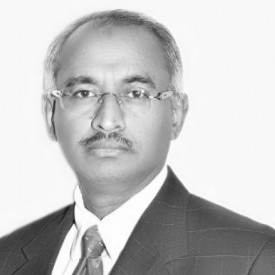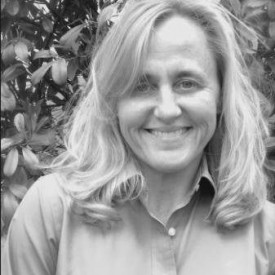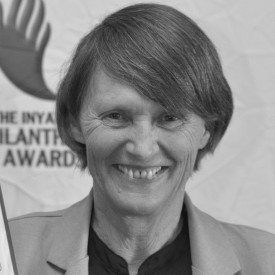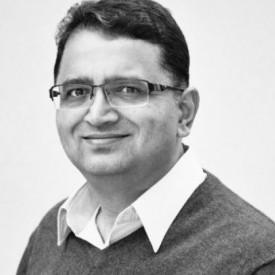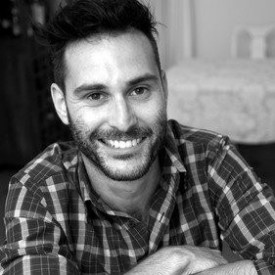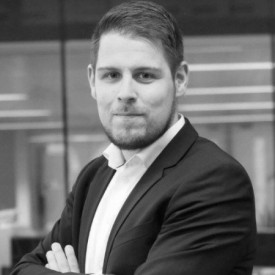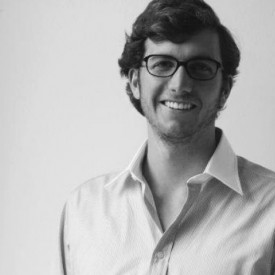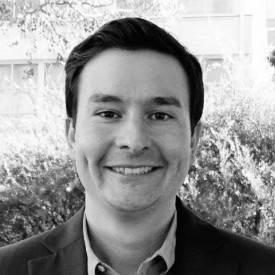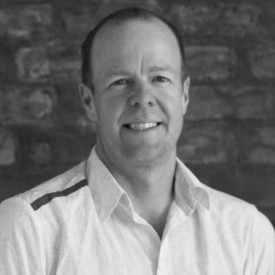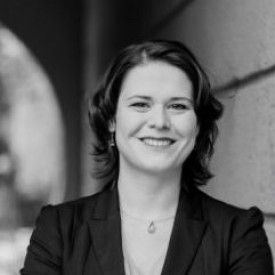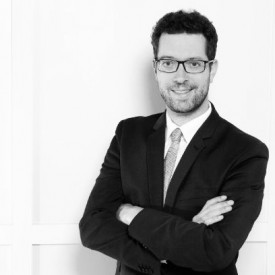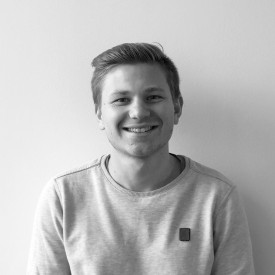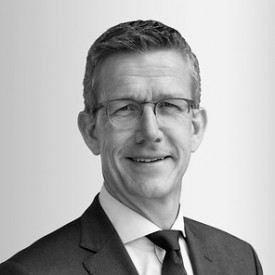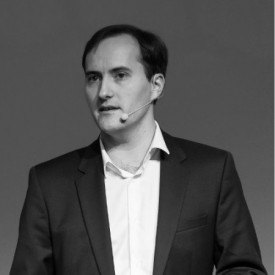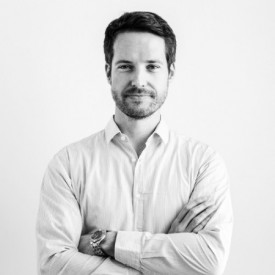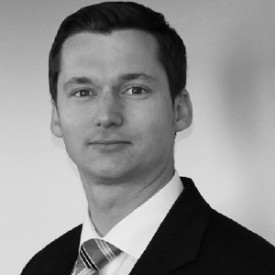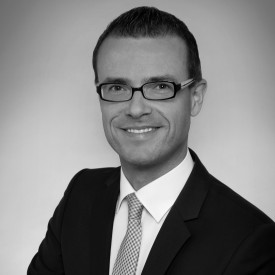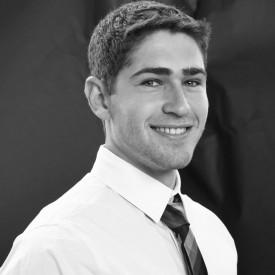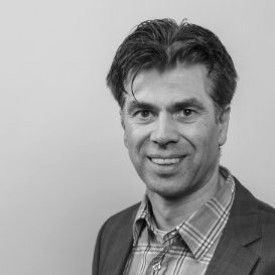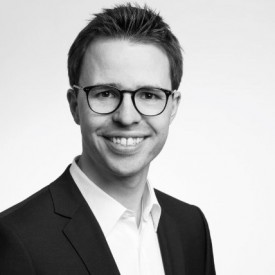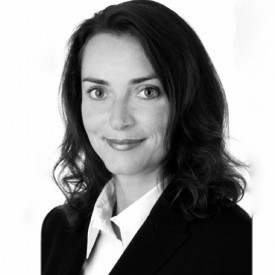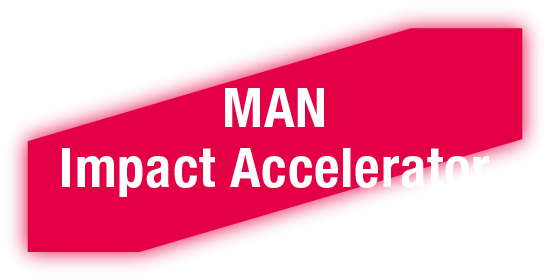Mission
The MAN Impact Accelerator supports social business startups in the field of mobility, transport and logistics to accelerate their impactful innovations.
The MAN Impact Accelerator brings social entrepreneurs from Europe, Brazil, and Africa together to tackle social and environmental challenges through innovative solutions in the transport and logistics space. Join us on a journey from Munich to São Paulo via Lisbon and Johannesburg to Munich.
Connect with fellow entrepreneurs, get access to a pool of more than 300 mentors from MAN Truck & Bus, Yunus Social Business and other well-known companies in the innovation space like Amazon, Google, Salesforce and Uber. Among them are MAN CEO Joachim Drees and Nobel Peace Prize Laureate Prof. Muhammad Yunus who has built social businesses impacting over 27 million people. Get also access to impact investors and key players at MAN Truck & Bus.
MAN has developed this program in cooperation with Yunus Social Business to create an impact for the underprivileged while building sustainable businesses. We will leverage new technologies to create innovative solutions that have a significant impact on the society or the environment.
We will connect you with a global community of like-minded people - that is why we will take you on a journey across four continents. It prepares you to think differently and build your own network for future growth. We will aim at nothing less than transforming your life and the trajectory of your business.
MAN Truck & Bus is one of Europe’s leading manufacturers of commercial vehicles and has production facilities in three European countries (Germany, Austria and Poland), Russia, South Africa, India, and Turkey. Its products range from general and special purpose trucks to buses and coaches as well as to diesel and gas engines for external customer applications. MAN is intensely dedicated to purposeful innovation within the transport and logistics sector.
Yunus Social Business (YSB) is a non-profit venture fund and accelerator. It was co-founded by Nobel Peace Prize Laureate Prof. Muhammad Yunus to solve humanity's most pressing needs through business means. YSB has worked with or invested in over 1,000 social entrepreneurs worldwide to build meaningful social businesses in agriculture, health, mobility, clean water and energy.
YouTube
You can find further impressions about the MAN Impact Accelerator journey on our very own Youtube channel!
Journey
The MAN Impact Accelerator kicks off in Munich in November 2019. The curriculum that follows will take you to cities like São Paulo, Lisbon and Johannesburg. The official closing ceremony in Munich in June 2020 will mark the end of the program.

Selection Criteria
We accept social businesses and impactful startups from Europe, Brazil, South Africa as well as Mozambique, Rwanda, Uganda, Kenya, Nigeria and Tanzania that have a strong logistics, transport or mobility focus with a prototype and preferably early revenues. Startups must have a strong purpose and create both tangible and measurable impact beyond financial returns.

We prefer founding teams with industry expertise or a track-record of successfully building businesses. Team profiles should cover various fields of expertise and should complement each other’s strengths and skills.
We are focused on early-stage social businesses. Ventures with an existing proof of concept in the market or ideally early revenues will be preferred.
We select businesses with a solid understanding of their revenue streams and a focus on financial sustainability. The accelerator is not helpful to NGOs or other purely grant-funded organizations.
We select social businesses with clear and measurable impact on the target communities. This may be based on projections and – wherever possible – with already tangible results.
We look for mindset and focus fit with the rest of the cohort. This includes mental flexibility, general team-player skills and complementary focus areas with the rest of the cohort.
Key Areas for Consideration
Benefits
The program offers a range of benefits from various partners and perspectives. The below list is by far not comprehensive and gives you an indication of how we help you grow further.
Assets & Services from MAN
- MAN Staff Mentors with Industry Expertise
- MAN's Global Network of Partners
- MAN's Supply & Distribution Networks
Assets & Services from YSB
- Access to Nobel Peace Prize Laureate Prof. Muhammad Yunus
- Access to the global impact investor community
Assets & Services from other partners
- Access to more than 300 mentors
- Visits at sites of social entrepreneurs
- Access to the innovation community
Financials & Costs
Travel and accommodation costs are covered by MAN Truck & Bus. The program provides an indirect grant and support of up to 50,000 USD for each startup (no equity or cash). This also includes free access to coaches and mentors as well as to software and data perks for free or at preferred rates.
Alumni of Batch #2
From mobile clinics in South Africa, to logistics for refugee camps – our teams work tirelessly to identify successful entrepreneurs from a variety of sectors with a strong social conscience. We partner with them to grow their social businesses, providing both financial and non-financial support.
Alumni of Batch #1
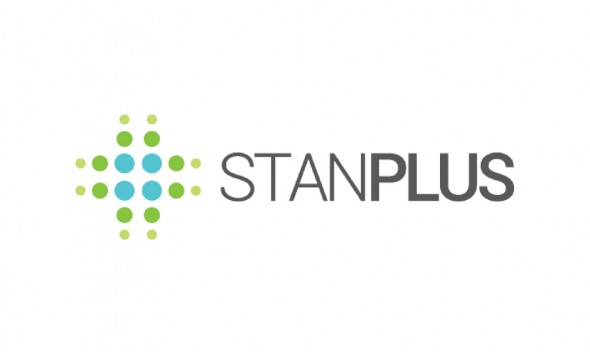
Which problem is the social business addressing?
In India, 75% of the patients needing an ambulance use their own personal vehicle to reach the hospital. The problem isn’t that there aren’t enough ambulances, it is that they usually take on average 45 minutes to reach the patient. Indian Healthcare Systems follow a hub and spoke model as the majority of tertiary care centres are located in large cities. Patients travel from all across the world for treatment. There is no clinically reliable, efficient and organized service available to service these, often poor, patients who need quick transportation at an affordable price.
How does the startup solve this problem?
StanPlus owns, operates and aggregates ambulances through technology. This includes taking over ambulance operations of hospitals and aggregating them to offer the best available ambulances to clients. Using technology in terms of a reliable and modern call centre infrastructure and efficient routing decisions based on geospatial data, they aim to reach their patients within 12 minutes. By aggregating demand, they are able to reduce the net price and improve the ambulance quality significantly.
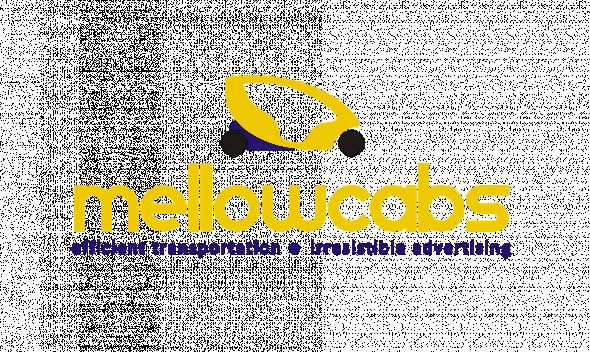
Which problem is the social business addressing?
Africa's transport market is characterized by large fuel- burning vehicles and limited public transport infrastructure. Despite the growth in car use, minibus public transport and walking are still the predominant forms of mobility for the majority of Africans. This enormously affects the quality of life of city-dwellers. A staggering 23% of all carbon emissions are from urban transport, although 80% of all urban vehicle trips are shorter than 4 km. To tackle such problems, emission targets are becoming stricter, urban mobility plans are being drawn and access to urban areas is becoming limited to fuel-burning vehicles. Cities require cost-effective mobility and delivery solutions that are efficient, safe, secure and environmentally friendly.
How does the startup solve this problem?
Mellowcabs manufactures light electric vehicles that provide low cost, efficient and emission-free taxi and transport services in cities.These services can be provided through various mobile applications, seamlessly connecting commuters, goods and Mellowcab vehicles. Capable in terms of acceleration, range and speed, with leading safety features. By providing cheaper, efficient and accessible mobility services, Mellowcabs facilitate growth and employment, helping promote healthy urban economic conditions. They have also developed an on-demand App which includes features such as allowing gender-specific requests for women to request female drivers. All the Mellowcabs are locally produced and the company aims to create sustainable job opportunities in manufacturing as well as drivers and technicians. 500 vehicles operating in South Africa will generate a minimum of 1100 jobs.

What is the problem the social business is solving?
Milk is a daily consumable in India and accounts for 8% of the average Indian monthly household expenditure. A survey by Food Standards of Safety Authoritation of India (FSSAI) showed that as much as 68% of the milk in India was adulterated, and 70% of the Capital’s milk samples were contaminated. Moreover, the milk sometimes travels 500 to 1000 kms and up to two weeks to reach the respective consumer.
How does the social business solve this problem?
Country Delight takes a fresh look at the Indian milk industry by using data and technology to deliver natural, fresh & unadulterated milk directly from the farmer to the consumers’ doorsteps within 36 hours. The consumers can order through an app which eliminates all middle men in between and farmers receive a better price for their milk. Its main impact is on its delivery agents who operate as microentrepreneurs delivering fresh quality controlled milk on the table of customers.
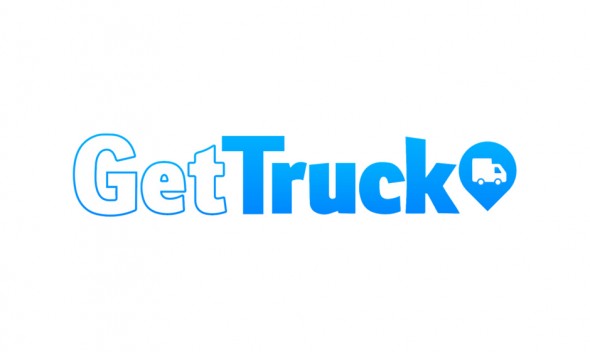
Which problem is the social business addressing?
In the transport industry, unused capacity is one of the biggest pain points for the trucking community, especially when focusing on small scale transportation companies. Due to limited load capacities and fragmented markets, they find it difficult to get a continuous supply of customers, while on the other hand customers face problems when connecting to smaller truckers and transport companies who would be able to handle their capacity.
How does the startup solve this problem?
GetTruck creates job opportunities for transporters by connecting them with customers to fill unused capacities. The company started with matching trucking services to customers by moving homes. This enhances working opportunities for truck drivers, optimizes the transportation of partial loads and maps the most efficient route. Their approach results in lower cost for the customer, less overall fuel consumption as well as in a reduction of the carbon footprint and road congestion. Today, it is expanding into trading spare capacities.

Which problem is the social business addressing?
By 2050, the global food production needs to double in order to meet the demand of the world’s growing population. Such development would require an increase of food productivity by over 70%. In the wake of decreasing land holdings and global warming, small farmers are under more pressure to grow food with lesser resources. Moreover, 75% of Indian farmers cultivate and work on less than a hectare. How can these small farmers best get access to urgently required agri-machinery like tractors in the same way as the big players?
How does the startup solve this problem?
FarMart helps to match farmers to underutilized machinery, offering a low-cost solution to the farmers that need it the most, whilst providing income to the lender. Remote sensing, geo-referencing and algorithmic distance optimization caters to the small farmers’ needs. They provide machinery at 30% lower prices for their customers of whom 98% work on less than a hectare.
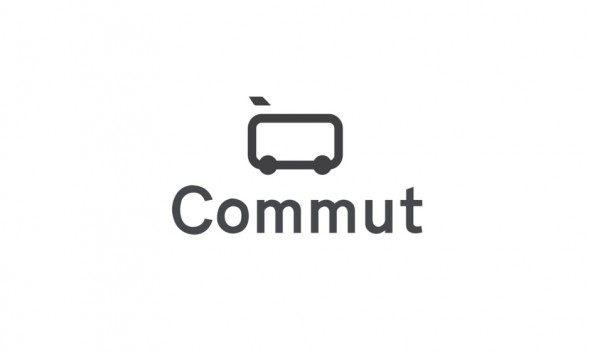
Which problem is the social business addressing?
With increased urbanization, traveling for city-dwellers is continuously stressful, hours are wasted in traffic without beginning to mention the impact of carbon emissions. There is a need to bring more people into lesser vehicles, focusing on shared transportation as a medium to reduce the congestion and pollution in India.
How does the startup solve this problem?
Their tech-enabled shuttle service operate minibuses for office workers at high frequency and at affordable prices. The platform enables users to reserve their seat for a specific pickup and drop point. In this way, they created an efficient transport system impacting their customers by providing quality transportation to low and middle class income groups along with incremental income and job security. Furthermore, the are financing over 150 micro-entrepreneur drivers that operate the shuttles.
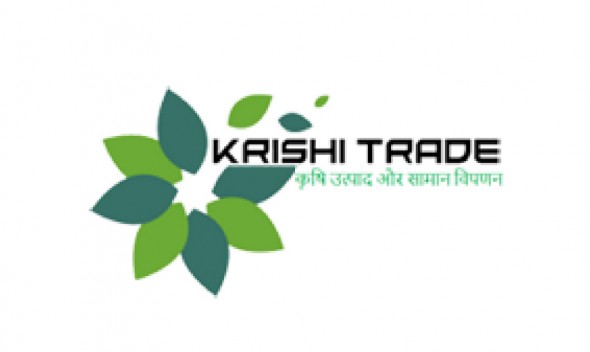
Which problem is the social business addressing?
More than 800 million Indians at the bottom of the social pyramid suffer from ultra-low farm incomes and complain this is solely due to a lack of market access. This leads to an exploitation at the hands of traders / money lenders who generate all forms of social issues ranging from malnutrition to farmer suicides. There is no online private market which helps them directly to sell their goods to end consumers. Such a platform would be able to cut multiple layers of middleman / intermediaries.
How does the startup solve this problem?
Krishi Trade offers smallholder farmers direct access to global agricultural markets. It matches export requests from Middle-East and South Asia with rural products through aggregated online bidding processes. Almost 66% to 95% of post-harvest value of produce is lost because of inefficiencies in the entire value chain, resulting in hoardings and increased farmer suicides. Therefore on request, they offer value-add services like grading, sorting and stocking, for example.
Mentors
During the accelerator program, our mentors will help you obtain access to industry know-how, tech expertise and startup methodologies for rapidly validating your business and impact model. The below mentors are an excerpt of over 300 mentors you can get access to. And we are about to welcome a new cohort of experienced MAN mentors for the upcoming program who will join you on your journey to more impact.
